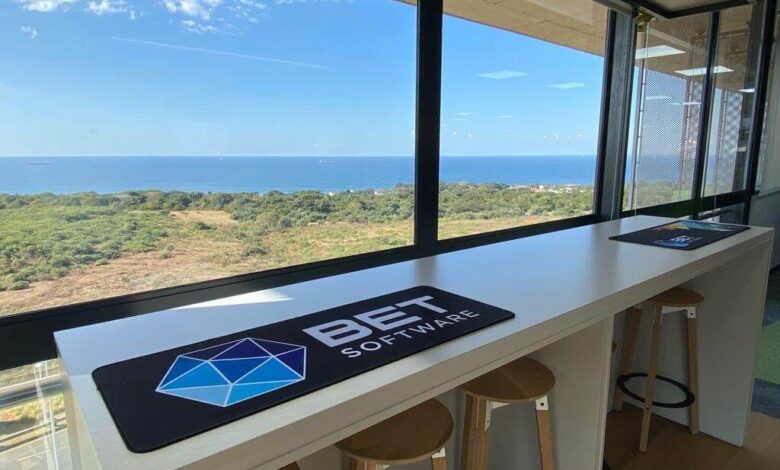BET Software Launches Its Cape Town Office

BET Software Launches Its Cape Town Office. BET Software, one of the most diverse betting software providers in sub-Saharan Africa, with a rapidly growing international footprint, has officially launched its Cape Town office.
BET Software started with tech people looking for solutions. The tenacity of its team of developers enabled them to build a cutting-edge betting software system for South Africa’s leading bookmaker, constructed from the ground up, along with a range of other solutions.
This formidable tech provider to betting operators, supplies all the back-end betting engines and customer relationship management (CRM) systems to the biggest operators, to use on all types of real-world events. This includes customisations into diverse marketplaces such as Mozambique – with Zimbabwe, Zambia and Kenya also gaining traction.
Michael Collins, BET Software’s general manager, says that as the company grows at an astounding rate, whilst driving recruitment in other major cities like Durban, Johannesburg and East London, his team is well positioned in the Mother City. “Cape Town has been described as Africa’s tech capital – brimming with entrepreneurs, innovative technology and diverse start-ups. It’s a melting pot of tech businesses. We’re excited to solidify our presence in this city,” explains Collins.
The Western Cape’s tech sector has become a major investment hub, made up of a thriving digital economy, with aims to boost tech innovation in the city. This is in line with BET Software’s ethos of collaboration, diversity and Empowerment. Collins pinpoints the company’s strategic partnerships with some major cloud service providers as a key differentiator for BET Software, and in particular the association it enjoys with Red Hat, whose portfolio encompasses hybrid cloud infrastructure, cloud-native application development, and management and automation solutions.
“We haven’t quite gone about this in the traditional sense,” he relays, “as we do not use a traditional cloud provider like Azure or similar – we have actually built our own private cloud on the Red Hat backbone, buying all of the infrastructure and then having them install Red Hat directly onto, essentially, a piece of tin. Effectively, we have thus built our own distributed cloud network across multiple data centres in South Africa, into which we are developing. That gives us a lot more control over costs, and the way in which we move data around distributed data centres, without it being a service that we are looking to other providers for,” Collins explains.




